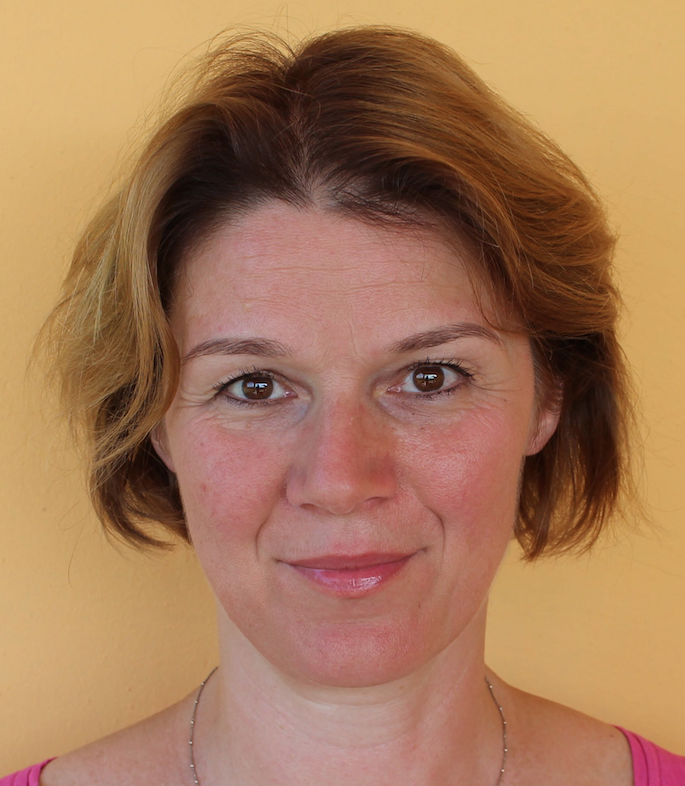LabFam seminar series: Gender Inequality During the Pandemic in Hungary and Beyond

Speaker: Eva Fodor, Co-Director, CEU Democracy Institute, Associate Professor, Department of Gender Studies, Central European University
As most other EU countries, Hungary implemented severe lockdown measures during the 1 st wave of the pandemic in the spring of 2020, including the closure of the schools and childcare facilities. This meant that for several months a vastly increased volume of childcare had to be supplied by individual households without much institutional help. In the end of May 2020, we conducted a representative survey in Hungary to find out how the pandemic affected the gendered division of these childcare and other types of care duties. In this talk I will review the results of our survey, consider its implications for women’s paid labor market participation and assess their long-term consequences in light of the growing international comparative literature and a qualitative study conducted simultaneously in Hungary.
About the speaker: Eva Fodor is associate professor of Gender Studies and is currently the Co-Director of CEU’s Democracy Institute. She has a Ph.D. in Sociology from the University of California in Los Angeles and works in the field of comparative social inequalities. She is interested in how and why gender differences in the labor market and elsewhere are reshaped, renegotiated and reproduced in different societies. Her book, “Working Difference” compares the organizing principles and everyday practices of state socialist and capitalist gender regimes in Hungary and Austria between the late 1940s and 1990s. A more recent research project compares post-communist EU members states and examines the relationship between gender differences in poverty and the ways in which countries are integrated into the global capitalist economy. Her current research interests include the impact of the Covid – 19 pandemic on the division of care work, and the transformation of the foster care system in Hungary as a case study of how an illiberal regime has reengineered an aspect of the welfare state. In yet another research strand she explores the gendered construction of the ideal work in the finance sector as well as the experience of the motherhood penalty among professional and working class women. She uses a variety of methods for her analysis, including historical archival research, qualitative interviews and high tech quantitative analyses of large datasets.
